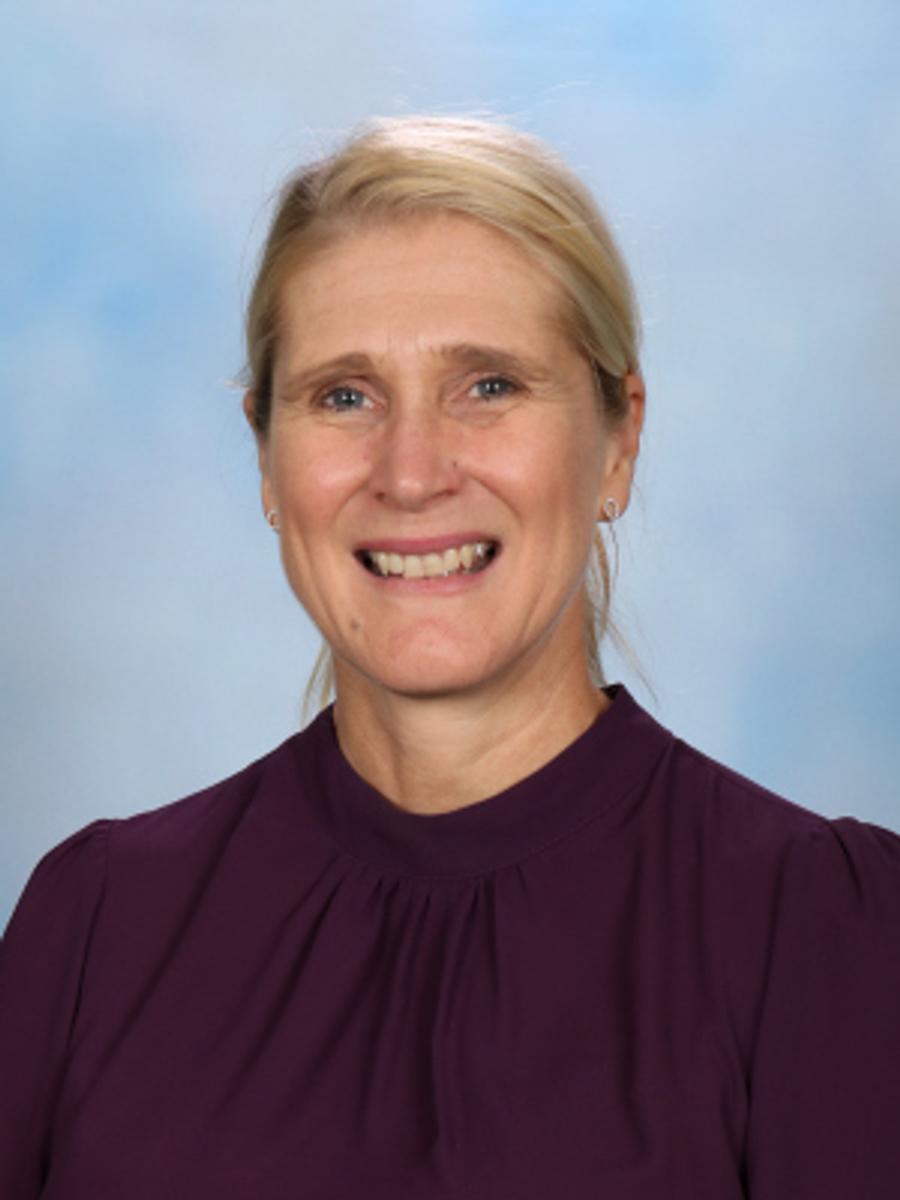Deputy Principal
Student Development & Wellbeing

Deputy Principal
Student Development & Wellbeing


As we celebrate International Women’s Day, the theme of which is #EmbraceEquity, I want to share with you the story of African American woman, Wilma Rudolph, who was born in Tennessee in 1940. It is a story about the gender (and cultural) inequity faced by this African American woman, and it speaks volumes as to how integral persistence is in working towards the creation of an inclusive world.
Wilma Rudolph was born into a large family – she was the twentieth child of 22 children. Her parents were honest, hard-working people, but they were very poor. Mr Rudolph worked for the railroad and Mrs Rudolph was a cleaner for wealthy white families. It was a difficult time in America; millions of people were poor, out of work and homeless because of the Great Depression. Being an African American family didn’t help, but the Rudolphs managed to make ends meet.
Wilma was born prematurely and weighed only four and a half pounds. Due to racial segregation, she and her mother were not permitted to be cared for at the local hospital – it was for white people only. There was only one black doctor in town and the Rudolph’s budget was tight, so Wilma’s mother spent the next several years nursing Wilma through one illness after another: measles, mumps, scarlet fever, chicken pox and double pneumonia twice. But she had to be taken to the doctor when it was discovered that her left leg and foot were becoming weak and deformed. She was told she had polio, a crippling disease that had no cure. The doctor told Mrs Rudolph that Wilma would never walk.
Wilma spent most afternoons on her front veranda watching her 21 brothers and sisters running around the yard and having fun. It was then that she decided she wanted to be able to walk, to run even. This became her dream, one she told no-one until one day at school when the teacher asked the students to share their dreams with the class. The teacher asked the boy in the front row what he wanted to do with his life; he said he wanted to be a lawyer just like his dad. The girl next to him wanted to be a doctor just like her mother. Because Wilma was an African American, she sat at the back of the class and was one of the last students to be asked about her dream. She said, “My dream is to run like the wind.” The teacher looked at her and said, “That’s a stupid dream. Go home tonight and think of another dream and tell me tomorrow.”
Wilma was devastated but decided not to give up. She finally told her mother about her dream and after begging her parents she lined up at the starting line with the other students at the next athletics carnival at her school. When the gun fired, Wilma tried her hardest to lift her left leg up and move forward. She immediately collapsed on the ground as the other competitors flew past her. Still determined, Wilma started to drag herself down the track towards the finishing line. Wilma’s mother was on the sideline and didn’t know what to do. Staff, students and parents looked on in horror and berated her mother for not stepping in. “What a disgrace!” they said. “You’re allowing your daughter to be humiliated!”
In the car on the way home, Wilma’s mother was close to tears. She turned to Wilma and said, “Is this what you want?” Wilma said, “It is my dream to run like the wind.” From that day forward Wilma’s mother, in fact her whole family, worked towards Wilma achieving her dream. They took turns massaging Wilma’s leg every day. Eventually Wilma’s determination and the daily massages paid off, and Wilma started to place in the races at school. Soon she was winning races and in 1960 went to the Olympics in Rome where she won gold medals for the 100m, 200 and 400m relay. This achievement led her to become one of the most celebrated female athletes of all time. In addition, her celebrity caused gender barriers to be broken in previously all-male track and field events.
Whilst we have come a long way since the inequities inherent in this story, it is important to reflect on where we have come from and acknowledge how much work there is still yet to do. Let’s think about what we can do, as individuals and as a community, to work toward creating a world that is inclusive.
This story resonates with me also because it speaks of one woman’s incredible bravery, persistence and self-belief, in the face of significant adversity. Most importantly, it is these three qualities that I wish for, for the students of Mount Alvernia College.
Kathryn Dendy
Deputy Principal Student Development and Wellbeing